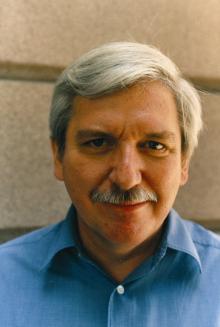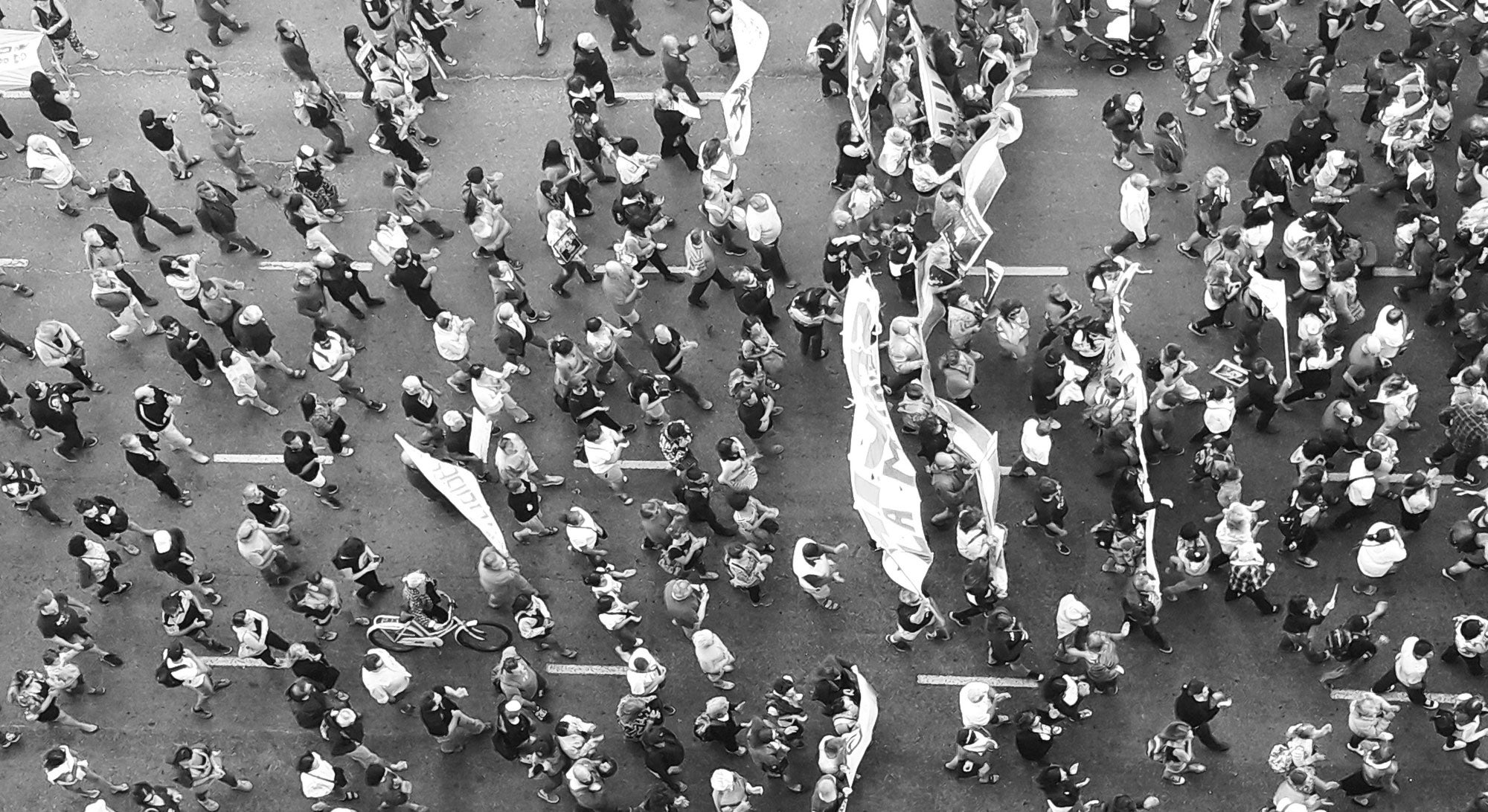
Phillip L. Walker, 61, a leading scholar in the field of physical anthropology and bio-archaeology and a UC Santa Barbara professor of anthropology for more than three decades, died unexpectedly at home on February 6, according to an announcement by the Department of Anthropology.
Walker, who began teaching at UCSB in 1974, was known for, among other things, his studies of the ways human skeletal remains could be used to address questions regarding human health, diet, pathologies, trauma, and behavior as they have been manifested in human populations through time and over space.
A memorial gathering is planned for Sunday, February 22, from 2 to 5 p.m. in Fleischmann Auditorium at the Santa Barbara Museum of Natural History, 2559 Puesta del Sol Road, Santa Barbara. A separate Web site has been created to host memories and photographs at http://phil-walker.net/.
Walker was the author of more than 200 scholarly articles and reports. As a researcher he was strategically positioned between the biological and social sciences. He addressed fascinating questions about the human condition in unique and interesting ways. Walker also volunteered his forensic services to numerous public agencies dealing with human remains. He was elected Fellow of the American Association for the Advancement of Science (AAAS) in 2003, and he served as president (2003-2005) and vice president (2000-2002) of the American Association of Physical Anthropologists. He was a particularly effective mentor of students, both graduate and undergraduate, and his former doctoral students are now established scholars at colleges and universities throughout the United States.
Walker was working on a number of bio-archaeological projects involving collections of human skeletal remains from various parts of the world, including Africa, Central Asia, and Europe. He was the co-director of an archaeological project in Iceland that included the excavation of a Viking Age longhouse and graveyard. Walker was a principal investigator of a large National Science Foundation-funded collaborative project entitled, "A History of Health in Europe from the Late Paleolithic Era to the Present." This project involves researchers from many European countries. Its goal is to measure and analyze the evolution of skeletal health by combining data from human remains with information gathered from sources in archaeology, climate history, geography, and history.
He worked closely with Native American groups, especially the Chumash, and was active in the development and implementation of the Native American Graves Protection and Repatriation Act by the U.S. Department of the Interior. He was appointed to the Smithsonian Institution's Repatriations Review Committee from 2003 to 2007. He served as advisor on repatriation to the Society for American Archaeology; at their annual meeting in April, he will be posthumously awarded the Presidential Recognition Award for his efforts in this area.
Walker was remembered by his UCSB students and colleagues for his seemingly limitless energy, his infectious enthusiasm, and his curiosity about subjects that ran far beyond his academic interests.
He was both a talented musician and woodworker, making musical instruments ranging from mandolins to violins.
He took a personal interest in religious relics, traveling throughout Europe to examine skeletal remains of historical significance.
He was an accomplished artist, producing many illustrations for his own publications and those of his colleagues.
Walker was born July 22, 1947, in Elkhart, Indiana, where he attended school.
He graduated from Indiana University in 1970 with a bachelor of arts in anthropology, and a minor in zoology.
He received his Ph.D. in anthropology from the University of Chicago in 1973, and joined the faculty of UCSB in 1974, after teaching briefly at UC Davis.
Walker is survived by his wife, Cynthia Brock, a former mayor and city council member of the City of Goleta; by a stepdaughter, Melissa, and six grandchildren; by his nephew, Peter Walker; by one niece, one grandniece and two grandnephews; and by his brother, Robert.
He was predeceased by his brother, Ernest Paul.
Issued: Feb. 11; updated: Feb. 17
Related Links



